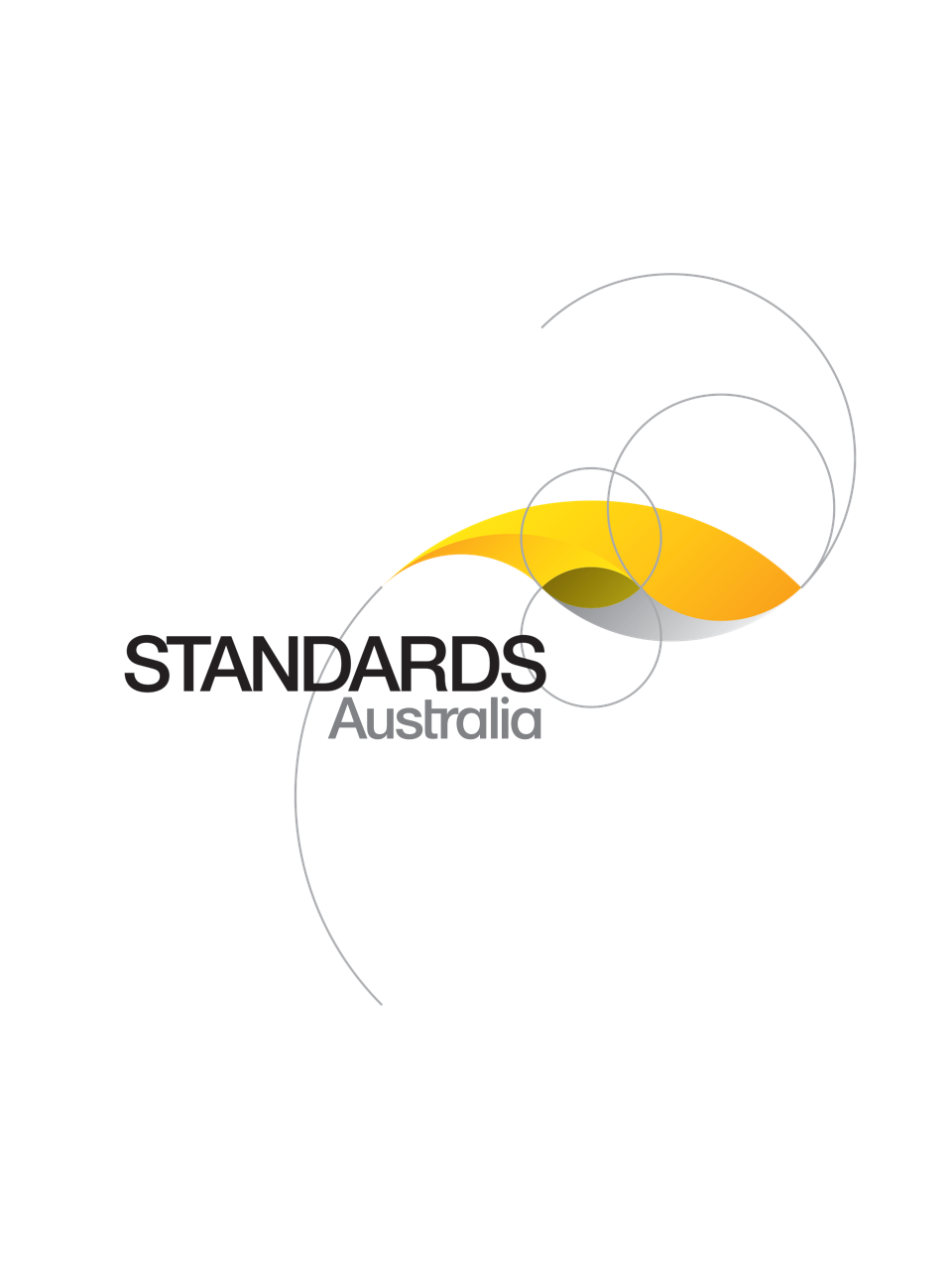Standard
Track updates
AS 3778.6.5:2023
[Current]AS 3778.6.5:2023 identically adopts ISO 4373:2022, which specifies the functional requirements of instrumentation for measuring the level of water surface (stage), primarily for the purpose of determining flow rates
Published: 17/11/2023
Pages: 28
Table of contents
Cited references
Content history
Table of contents
Header
About this publication
Preface
Foreword
Introduction
1 Scope
2 Normative references
3 Terms and definitions
4 Instrument specification
4.1 Performance parameters
4.2 Performance classification
4.3 Maximum rate of change
4.4 Environment
4.4.1 General
4.4.2 Temperature
4.4.3 Relative humidity
4.5 Timing
4.5.1 General
4.5.2 Digital
4.5.3 Analogue
5 Recording
5.1 General
5.2 Chart recorders
5.3 Data loggers
6 Enclosure
7 Installation
8 Maintenance
9 Estimation of measurement uncertainty
9.1 General
9.2 Type A uncertainty estimation
9.3 Type B uncertainty estimation
9.4 Uncertainty in case of low water level conditions
9.5 Level measurement datum
9.6 Combining primary measurement uncertainties
Annex A
A.1 Echo-location, radar instruments
A.1.1 Description
A.1.2 Strengths
A.1.3 Weaknesses
A.1.4 Uncertainty
A.2 Echo-location, acoustic instruments
A.2.1 Instruments with sound path in air
A.2.1.1 Description
A.2.1.2 Strengths
A.2.1.3 Weaknesses
A.2.1.4 Uncertainty
A.2.2 Instruments with sound path in water
A.2.2.1 Description
A.2.2.2 Strengths
A.2.2.3 Weaknesses
A.2.2.4 Uncertainty
A.3 Mechanical float and counterweight gauges
A.3.1 Description
A.3.2 Strengths
A.3.3 Weaknesses
A.3.4 Uncertainty
A.4 Air reaction gauges
A.4.1 Principle of operation
A.4.2 Description
A.4.2.1 General
A.4.2.2 Servo beam balance bubbler gauges
A.4.2.3 Pressure transducer
A.4.3 Strengths
A.4.4 Weaknesses
A.4.5 Uncertainty
A.5 Electrical pressure transducers
A.5.1 Description
A.5.2 Strengths
A.5.3 Weaknesses
A.5.4 Uncertainty
A.6 Systems using electrical properties
A.6.1 Systems measuring capacitance
A.6.1.1 Description
A.6.1.2 Strengths
A.6.1.3 Weaknesses
A.6.1.4 Uncertainty
A.6.2 Systems measuring resistance (direct)
A.6.2.1 Description
A.6.2.2 Strengths
A.6.2.3 Weaknesses
A.6.2.4 Uncertainty
A.6.3 Systems measuring resistance (indirect)
A.6.3.1 Description
A.6.3.2 Strengths
A.6.3.3 Weaknesses
A.6.3.4 Uncertainty
A.7 Peak level gauges
A.7.1 Description
A.7.2 Strengths
A.7.3 Weaknesses
A.7.4 Uncertainty
A.8 Staff and ramp gauges
A.8.1 Description
A.8.2 Materials
A.8.3 Strengths
A.8.4 Weaknesses
A.8.5 Uncertainty
Annex B
B.1 Wire or tape weight gauge
B.1.1 Description
B.1.2 Materials
B.1.3 Strengths
B.1.4 Weaknesses
B.1.5 Uncertainty
B.2 Hook and point gauges
B.2.1 Description
B.2.2 Materials
B.2.3 Strengths
B.2.4 Weaknesses
B.2.5 Uncertainty
B.3 Dippers
B.3.1 Description
B.3.2 Materials
B.3.3 Strengths
B.3.4 Weaknesses
B.3.5 Uncertainty
Annex C
C.1 Analogue devices
C.1.1 Description
C.1.2 Strengths
C.1.3 Weaknesses
C.1.4 Uncertainty
C.2 Digital devices
C.2.1 General
C.2.2 Description
C.2.3 Strengths
C.2.4 Weaknesses
C.2.5 Uncertainty
Bibliography
Cited references in this standard
[Current]
Corrigendum 1 - Explosive atmospheres - Part 10-1: Classification of areas - Explosive gas atmospheres
[Current]
Corrigendum 1 - Amendment 2 - Degrees of protection provided by enclosures (IP Code)
